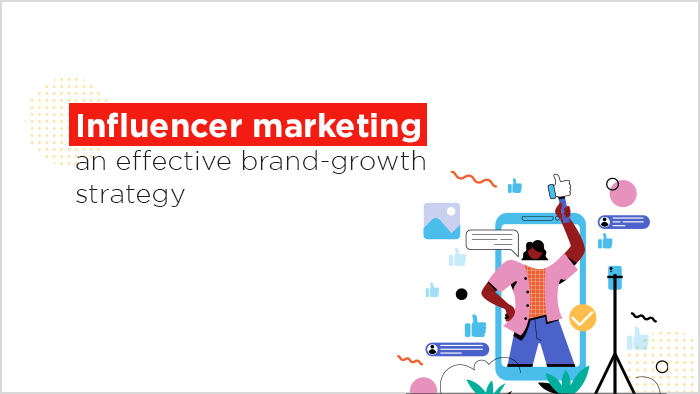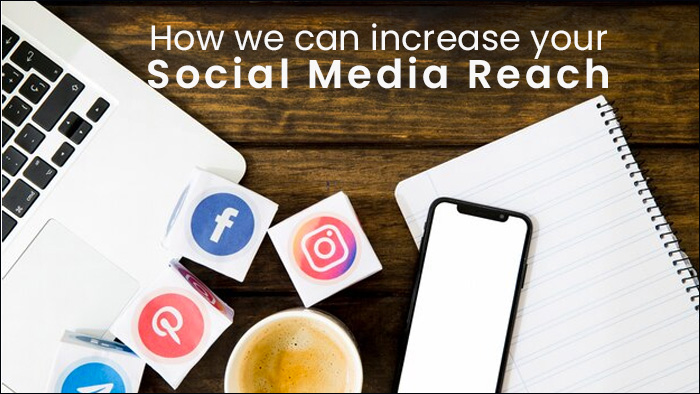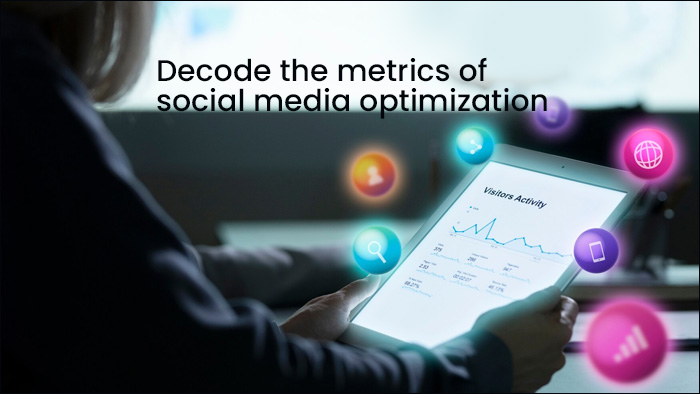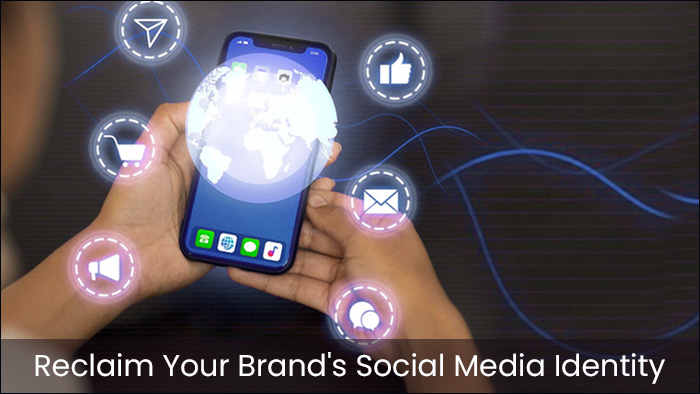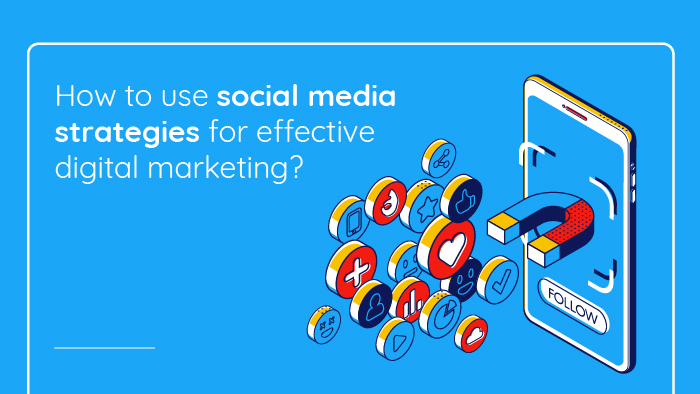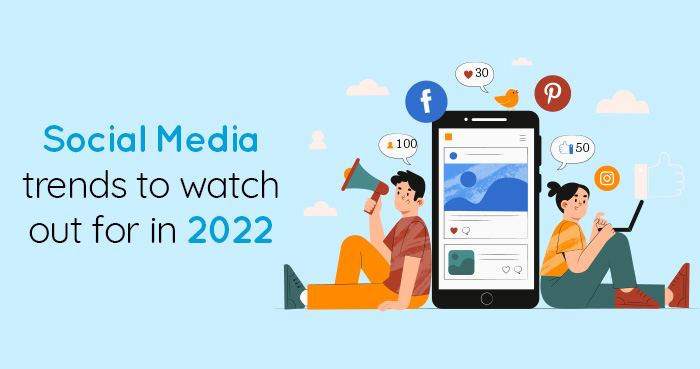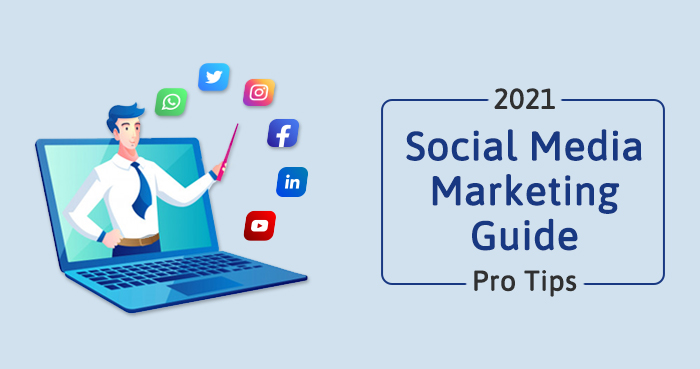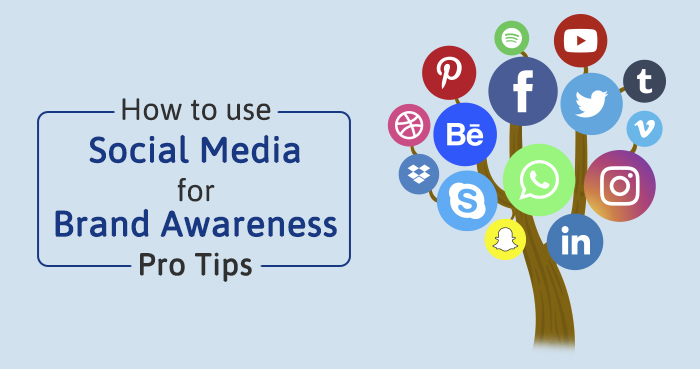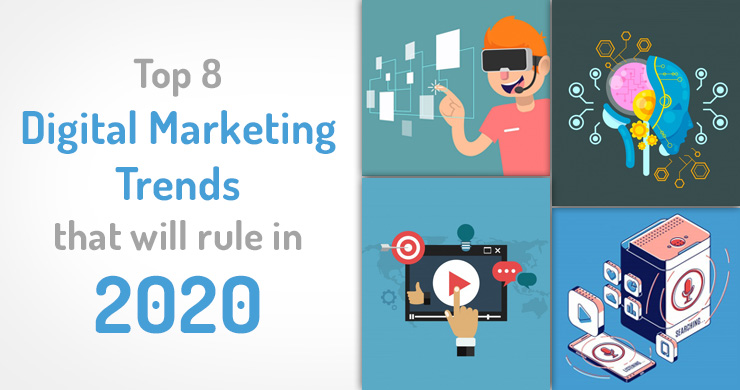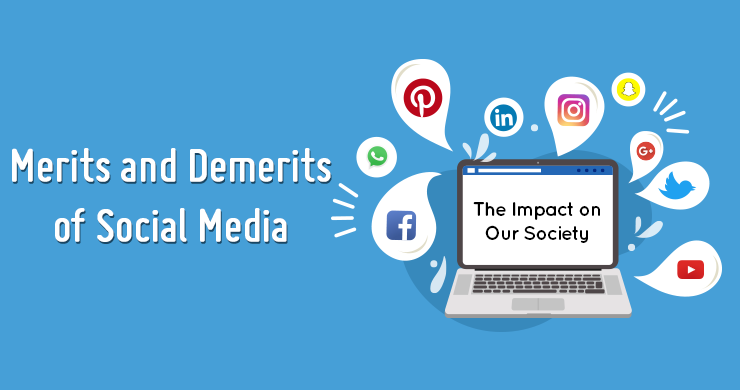Personal branding is the process of helping people see you as more than just your job title or business card. It’s about putting together a coherent image that represents who you are as a person, what you do and how it impacts others. Personal branding helps everyone stand out from the crowd by creating an identity, a self-brand name that sets them apart from others in their industry.

Contents
What is a personal brand?
The personal brand is a representation of everything you stand for, your brand values and beliefs. It’s your reputation as an individual.
Your personal brand can help you get jobs or hire employees. It could also help you raise money for charity if you’re selling products or services on social media sites like Instagram and Facebook.
Your business’ personal brand is how it presents itself in the marketplace; it’s how people interact with the company or service being offered by that company—and whether they buy from them (or don’t).
Personal branding vs. self-promotion
Personal branding is a broader concept than self-promotion. It involves the whole experience of your brand, not just its products or services. For example: if you have a blog and use social media to promote it, that’s personal branding—but if you’re trying to sell your book on Amazon and use Facebook ads as part of that strategy (or even worse, pay someone else to do it), then this would be considered self-promotion instead of personal branding.
In other words, personal branding isn’t just about what you do; it’s also about how well those things fit together in one cohesive whole—which means that every piece matters!
Why is personal branding important?
Personal branding is an important part of any business or individual. It’s a way to stand out from the crowd, build trust with your customers, help build your business and enhance brand recognition. Personal branding also helps you build value for yourself and your company.
Personal branding can be applied in many different ways:
- You can use it as a tool to increase revenue by increasing awareness about what you do or provide. This could include advertising online or offline, using social media platforms like Facebook and Twitter, etc.
- You can use it as an opportunity to spread the good news about what type of service/product/service provider you offer (if applicable). For example: if there’s something wrong with one of our other stores’ computers but ours aren’t broken yet then maybe we should go ahead and fix theirs before theirs get worse? Or maybe just simply recommending us over another competitor without hesitation would help build trust between ourselves & them?
- The most important one, it leads you to infinite opportunities. Whether you’re an employee or an entrepreneur, building your personal brand offers you a list of never ending opportunities. By building a personal brand, you simply give yourself a competitive advantage.
How to start building your personal brand?
Personal branding is the process of building your own unique and authentic brand that represents you. It involves developing a message that resonates with people, building relationships with them through content marketing and social media, increasing brand awareness and using these connections to help you get ahead in life.
Personal branding can be helpful for anyone who wants to enhance their image in order to climb the ladder of success. It’s especially important if you’re looking for a new job or promotion at work because personal branding will help make sure that employer knows exactly what they’re getting when they hire someone like yourself!
The steps involved in building an effective personal brand are as follows:
The steps to building your personal brand
-
- Identify your target audience: The first step in building your personal brand is to identify the people you want to attract. Who are they? What do they need? How can you help them?
- Develop a unique value proposition: Once you know who they are, then it’s time to think about what makes your offering unique enough that it will resonate with them. This can take many forms—for example, if there’s an existing market for a product or service of yours that already exists, there may not be much point in creating something new unless there’s some way of differentiating yourself from those competitors (and even then).
- Create a unique brand name: Once you’ve figured out how best to position yourself within the market and created a value proposition around why someone should care about using your services/buying from etcThen comes creating an effective name for this new entity on social media platforms like Facebook or Twitter where people will see it when visiting their profiles/pages online every day!
It’s not just about the logo, it’s about the whole experience.
Personal branding is about the whole experience. Your logo is a part of that, and it’s important to remember that when you’re designing one.
The same thing applies to your brand as a whole: if you want people to see what they can expect from you, they need to know what your company stands for and how they should approach it with their customers. Your logo should show off this message in an obvious way—and not just because it looks good on paper!
The Bottom Line
Personal branding is the process of building a unique identity for yourself. You can use personal branding to establish your professional brand, which will help you stand out in an increasingly crowded marketplace. Personal branding is also essential if you want to create a successful business because it will help you connect with potential clients and build trust, both of which are key elements of any successful business venture.


